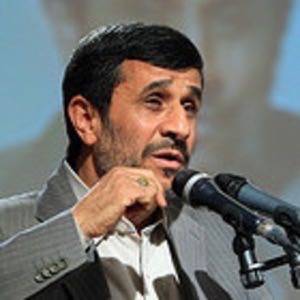Everyone knows that the Iranian government is no champion of a free press. But exactly how far is the Islamic Republic willing to go to keep voices and viewpoints down to a minimum?

It would appear that a full-blown cyber attack on the BBC is not out of the question, according to the news organization. Without divulging too many details about the incident, the BBC suggested that Iran may have been responsible for an attack that briefly hampered the news organization’s internal access to email and the Internet.
The purported distributed denial of service (DDoS) attack happened to come at the same time that feeds being broadcast by the BBC into Iran were jammed, which is something the organization has experienced and complained about in the past.
Reporters Without Borders put out an interactive tool recently titled Cyber Tag, which lets users virtually spray graffiti on the embassies of countries that the organization designates “enemies of the Internet.” Iran is, unsurprisingly, one of them.
The country achieves this title not only because of its efforts to thwart free speech using DDoS attacks and by scrambling broadcast signals, but for its larger war on the Internet itself. While Web users in the United States were fretting about SOPA several weeks ago, Iranians were beginning to face a much more serious threat.
After years of censoring and otherwise hampering the Web, it was reported that the Iranian government was in the early stages of creating a second, state-approved Internet designed to replace the World Wide Web we all know and love.
As those plans are slowly executed, Iran is wasting no time ensuring that outside and alternative voices are not heard within the country, if its autocratic rulers can help it.
The BCC has revealed very little about the cyber attack it faced, but says its confident that somebody within Iran is responsible. It wouldn’t be the first time they’ve interfered with the BBC’s operations. Last month, BBC Director General Mark Thompson outlined the ways in which Iranian authorities have attempted to intimidate people working for BBC Persian, including who work outside of Iran’s borders.
Lead photo by Parmida Rahimi










